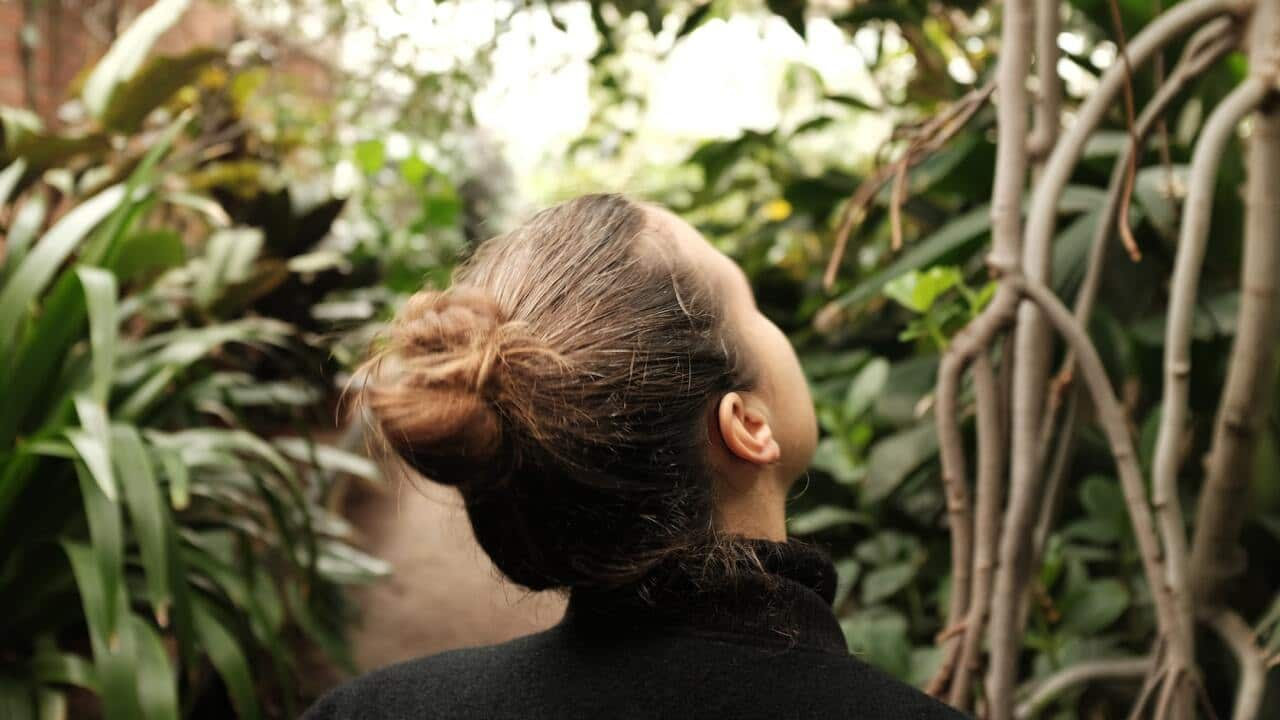Key Points
- Many Australians are struggling with the rising cost of living.
- A growing number of Australians aged 50 and over believe life is getting worse, according to a new report.
- Financial stress and difficulties accessing health services are among the top concerns, the report found.
Kylee Roberts is scared about the future.
The 52-year-old doesn't own a home and has had to move 13 times in the last 11 years, including relocating from Sydney to Northern Illawarra due to the .
"I can’t save and I don’t own anything so if I can’t work I won’t have anywhere to live," she told SBS News.
Ms Roberts said she lost her house during divorce negotiations.
"I think the thing that upsets me the most is the belief that most have that being a divorced woman over 50 means you must have been the winner financially in a divorce," she said.
"It saddens me that I have no way out and the effects are absolutely devastating on a person's mental and social wellbeing."
She said she is lucky to have superannuation but it won't be enough to buy a house and she is worried about ending up with nothing.
"I can't afford to live a long life," she said.
Growing number of people aged 50 and over believe life is getting worse
According to the results of a new survey, about 45 per cent of Australians aged 50 and over believe life is getting worse for them compared to 33 per cent in 2021.
The report by the Council on the Ageing Australia (COTA) shows financial stress and difficulties accessing health services are among the top reasons many older Australians have a negative outlook on the future.
About 2,750 Australians aged 50 and over shared their experiences, and while a large proportion reported feeling nearly eight years younger than their actual ages, about one in three has experienced age-related discrimination.
Libby Collins lives in Dubbo with her grandson and told SBS News she only has $111 left a fortnight after rent.
The 60-year-old said she can't work due to a spinal injury and that paying for her phone, food, water and electricity is her worst nightmare.
"I would like to see politicians live off (this amount,) it just can't be done, so that's why nothing gets paid," she said.
Ms Collins said she is very worried about her grandson's future.
"Having a phone is a blessing because you can't afford to go anywhere, you can't afford to give the grandchildren anything," she said.
Ageism 'permeates the lives of older Australians'
COTA chief executive Patricia Sparrow said ageism is "a perverse challenge which permeates the lives of older Australians and sits underlying this wider trend of growing insecurity."
"The reports findings underscore the need for the Australian government to develop a national strategy for older people so policymakers take urgent steps to address the concerns of older Australians to ensure they are more secure and resilient in the future," she said.
Despite the budget offering some relief for older Australians with $36 billion allocated to aged care spending in 2023-24, many are worried about finances, particularly the housing crisis and their risk of homelessness.
About six in 10 said the cost of living was putting a strain on their budget, which is significantly more than the 31 per cent who had the same concerns two years ago.
"Though we are pleased with the outcome of this year's federal budget which provided some relief on the pressures older Australians are facing, there is still more to do," COTA federation chair Joan Hughes said.
"The hip pocket of older Australians especially, older pensioners who rent, are still strained."
She added that increasing Commonwealth Rent Assistance and timely increases to the pension would help ease financial stress.
With additional reporting by AAP.
Readers seeking support with mental health can contact Beyond Blue on 1300 22 4636. More information is available at .
supports people from culturally and linguistically diverse backgrounds.












